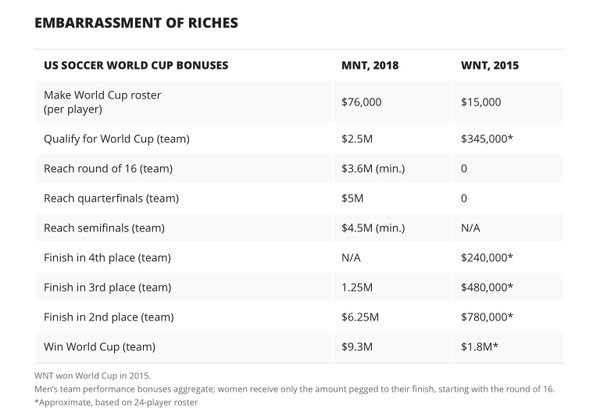I grew up and lived most of my life in Michigan. There are so many things I love about living in Michigan and most of those things have to deal with water and the 3 months that temperatures allow you to enjoy said water (Jun – Aug). There is one major thing that completely drives me insane about Michigan. Michigan is at its core an automotive manufacturing state which conjures up visions of massive assembly plants and union workers. To say that the majority of Michigan workers feel entitled would be the largest understatement ever made.
We have grown up with our parents and grandparents telling us stories of how their overtime and bonus checks bought the family cottage, up north, and how they spent more time on their ‘pension’ than they actually spent in the plant (think about that! if you started in a union job at 18, put in your 30 years, retired at 48, on your 79 birthday you actually have had a company pay for you longer than you worked for them – at the core of the Michigan economy this is happening right now – and it’s disastrous! Pensions weren’t created to sustain that many years, and quite frankly they aren’t sustainable under those circumstances). Seniority, entitlement, I’ve been here longer than you, so wait your turn – are all the things I hate about my great state!
There is a saying in professional sports – “If you can play, you can play”. Simply, this means that it doesn’t matter who you are, where you come from, how much your contract is worth – if you’re the best player, you will be playing. We see examples of this in every sport, every year. The kid was bagging groceries last month, now a starting quarterback in the NFL! You came from a rich family, poor family, no family – doesn’t matter – if you can play, you can play. Short, tall, skinny, fat, pretty, ugly, not-so-smart – if you can play, you can play. Performance on your specific field of play – is all that matters. BTW – NHL released this video a while back supporting the LGBTQIA (BTW – will someone get the LGBTQIA a marketing consultant and stop just adding letters!) community (if you can play…) –
This is why I love being a recruiter! I can play.
Doesn’t matter how long I’ve been doing it. Doesn’t matter what education/school I came from. Doesn’t matter what company I work for. If you can recruit – you can recruit. You can recruit in any industry, at any level, anywhere in the world. Recruiting at its core is a perfect storm of showing us how accountability and performance in our profession works. You have an opening – and either you find the person you need (success), or you don’t find the person (failure). It’s the only position within the HR industry that is that clear cut.
I have a team of recruiters who work with me. Some have 20 years of experience, some have a few months – the thing that they all know is – if you can recruit, you can recruit. No one can take it away from you, no one can stop you from being a great recruiter. There’s no entitlement or seniority – ‘Well, I’ve been here longer, I should be the best recruiter!’ If you want to be the best, if you have to go out and prove you’re the best. The scorecard is your placements. Your finds. Can you find talent and deliver, or can’t you? Black and white.
I love recruiting because all of us (recruiters) have the exact same opportunity. Sure some will have more tools than others – but the reality is – if you’re a good recruiter – you need a phone and an ability to connect with people. Tools will make you faster – not better. A great recruiter can play. Every day, every industry. This is why I love recruiting.

